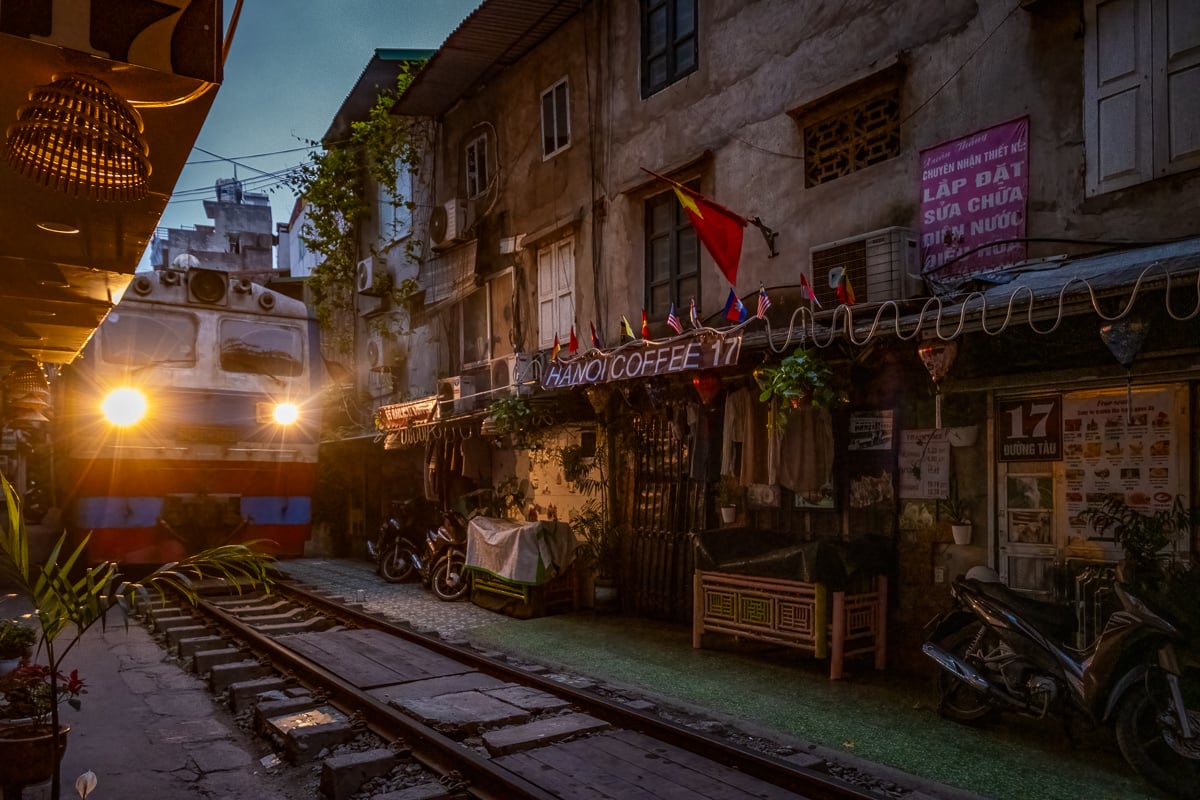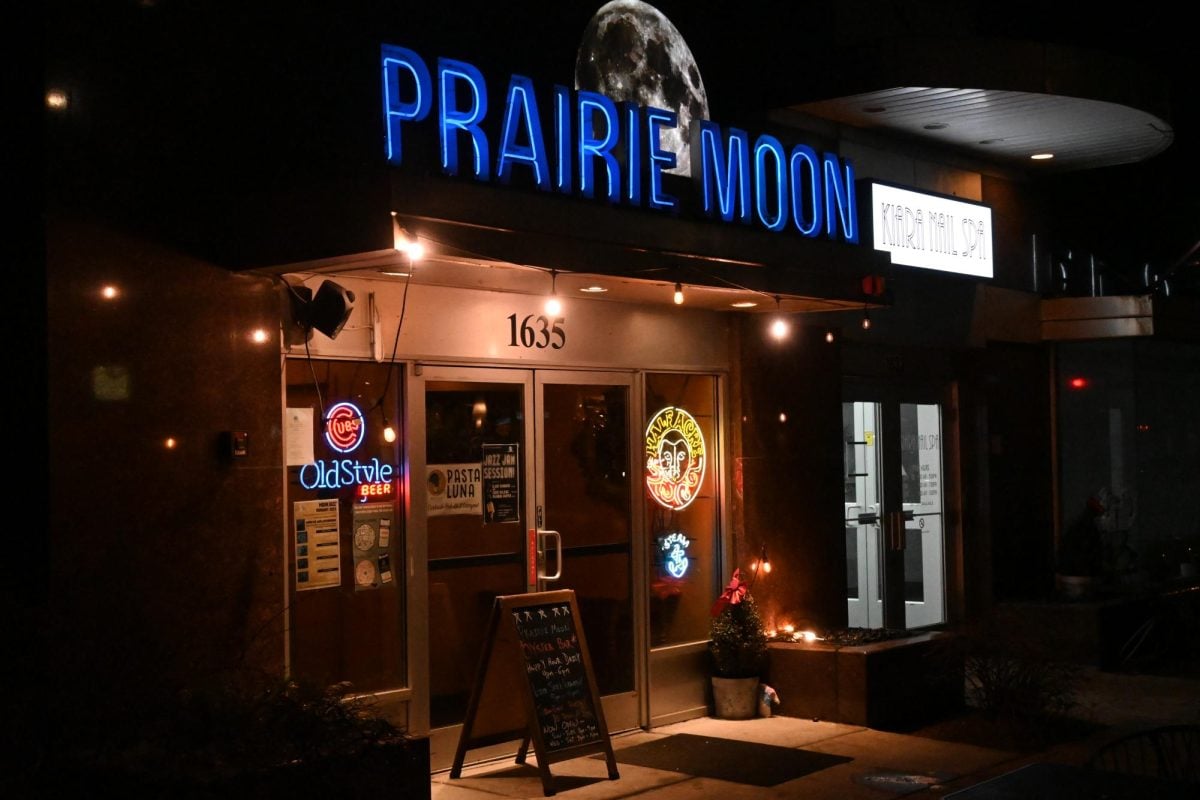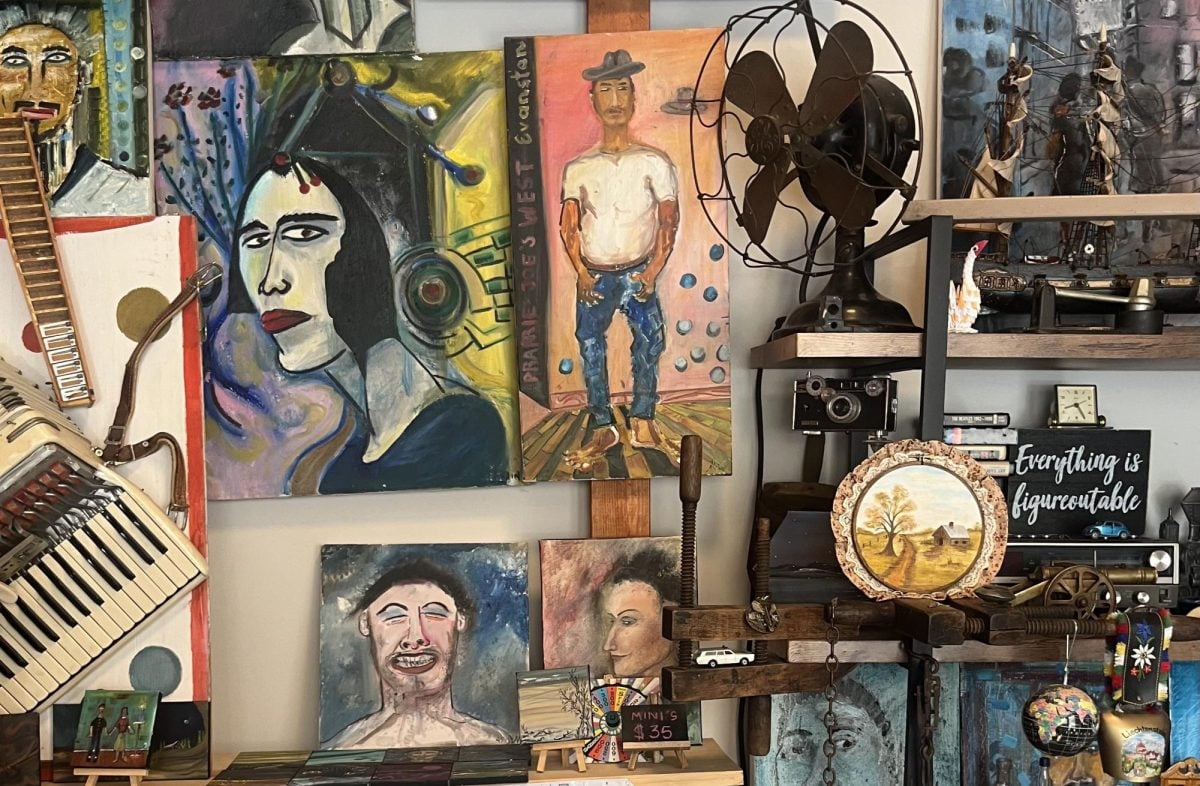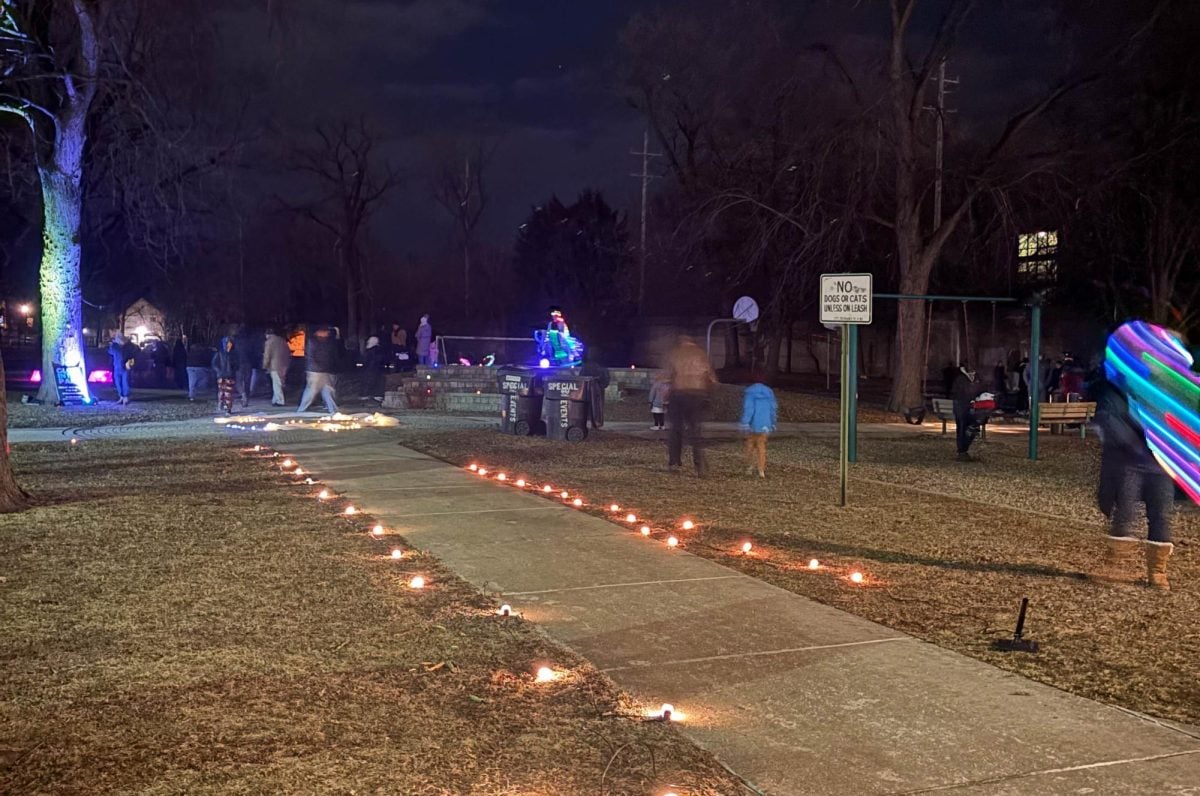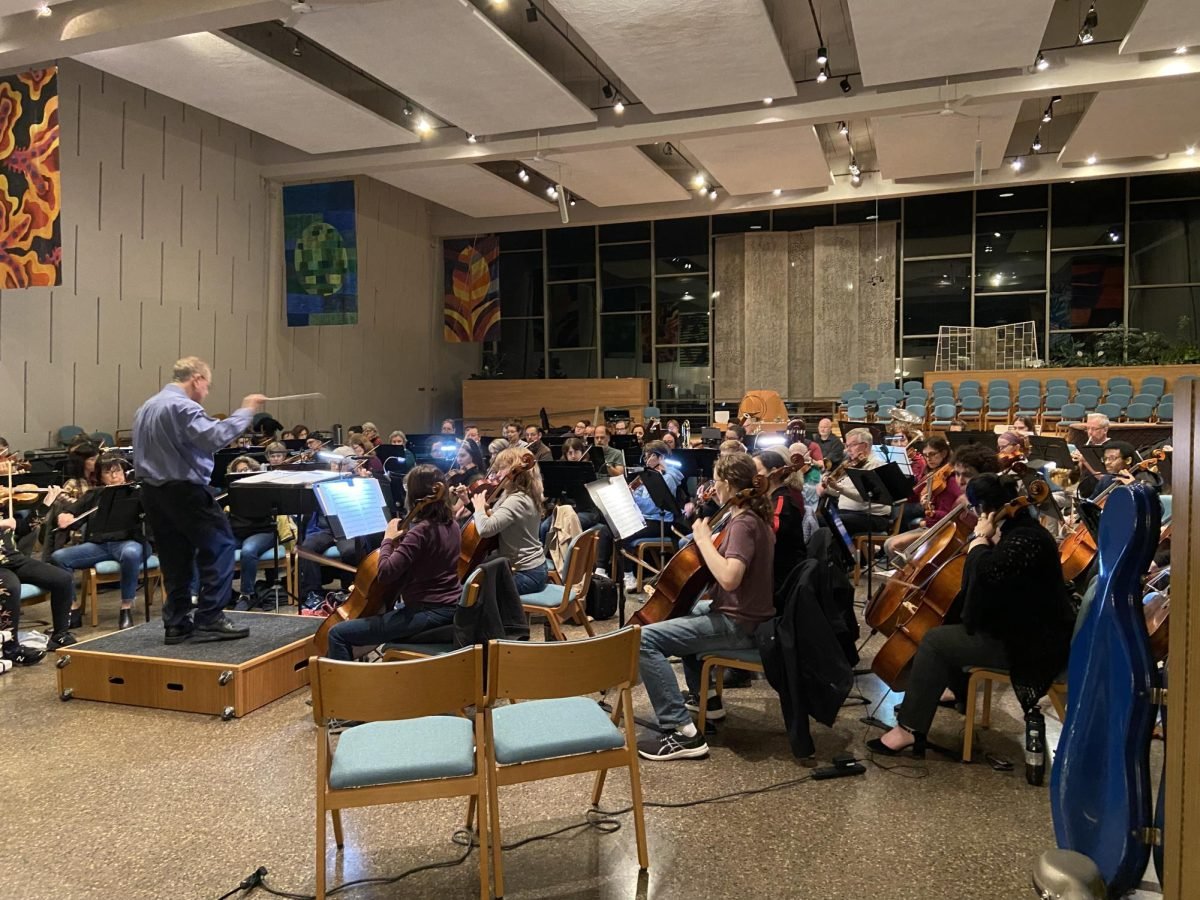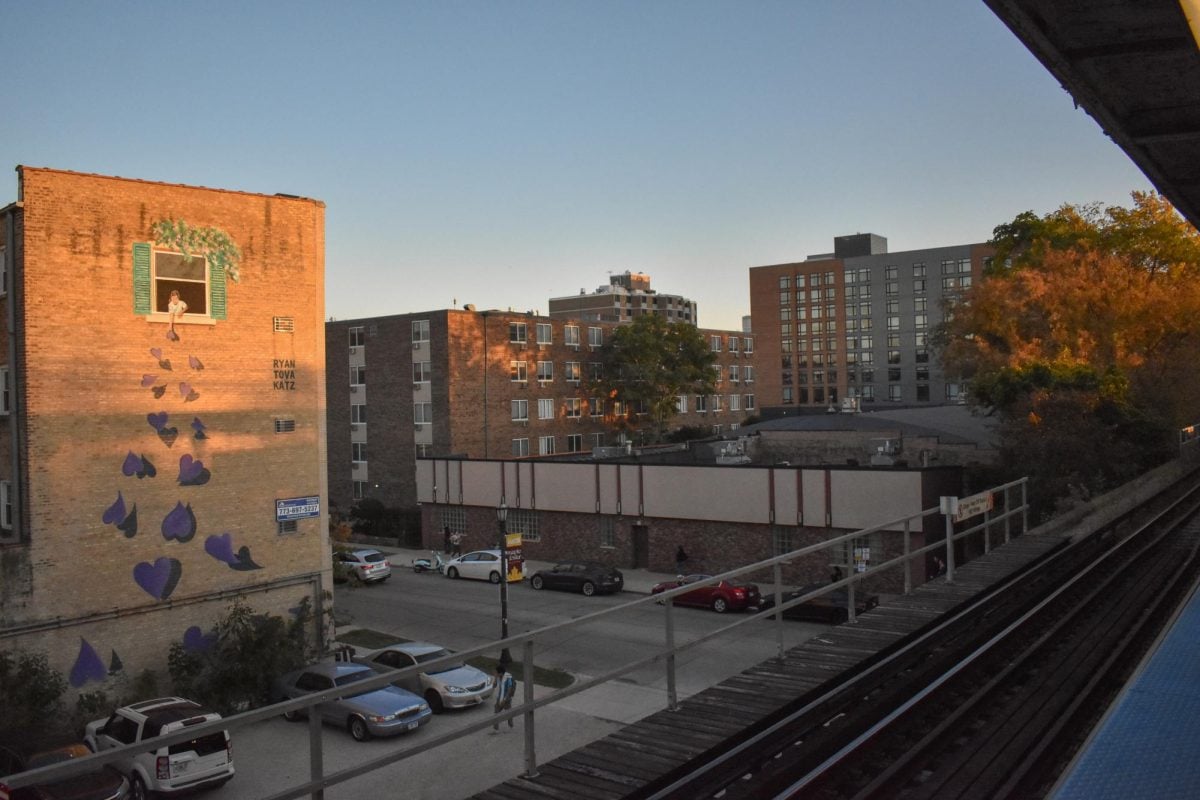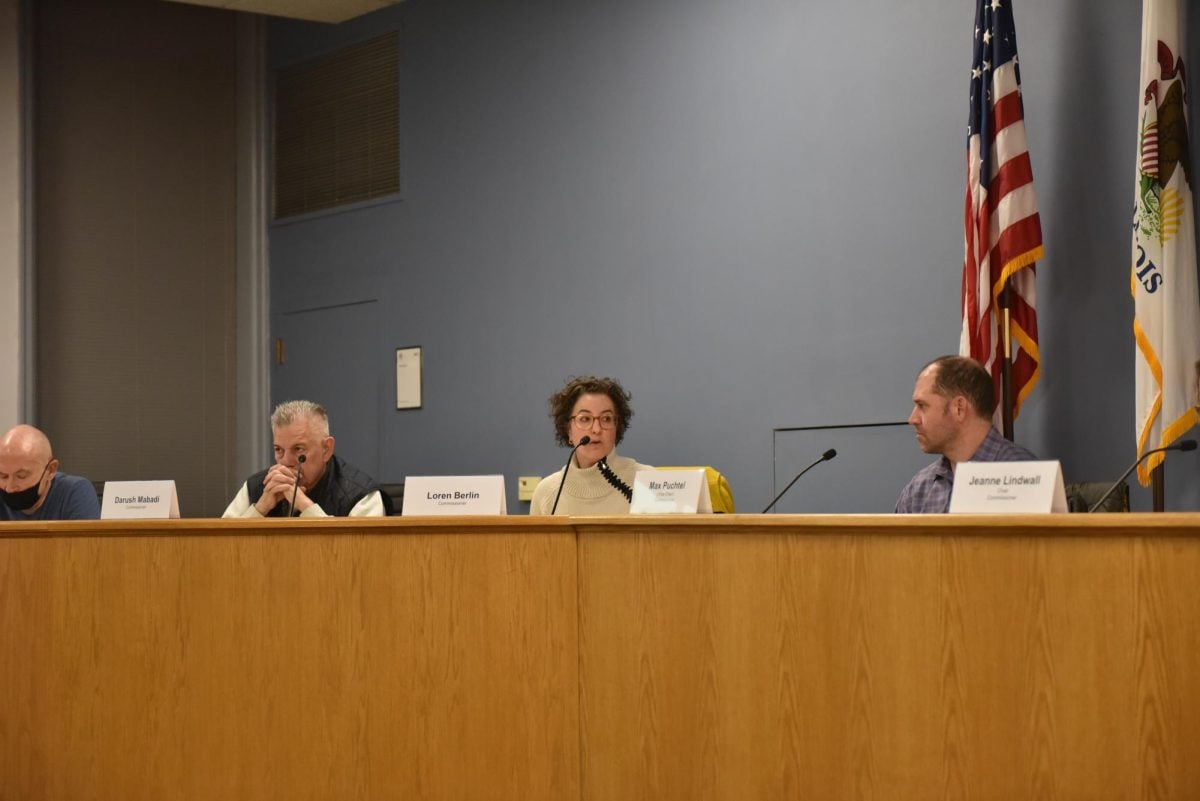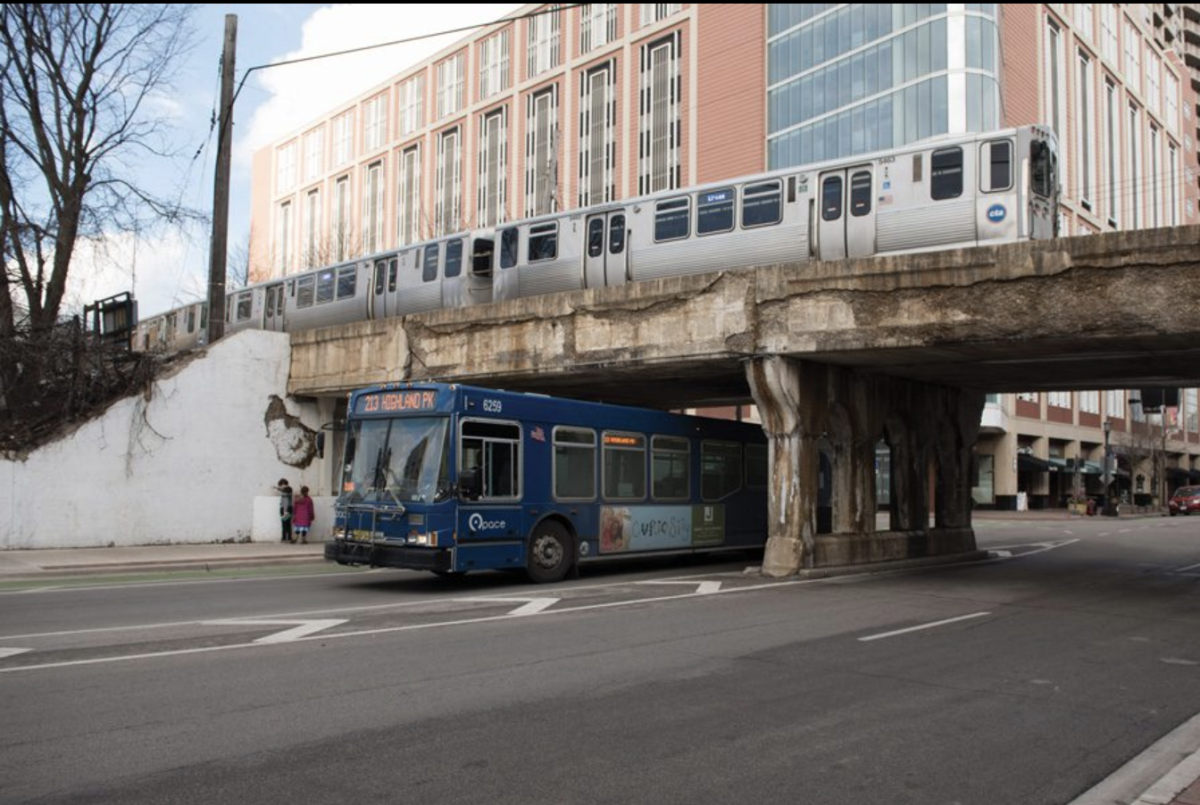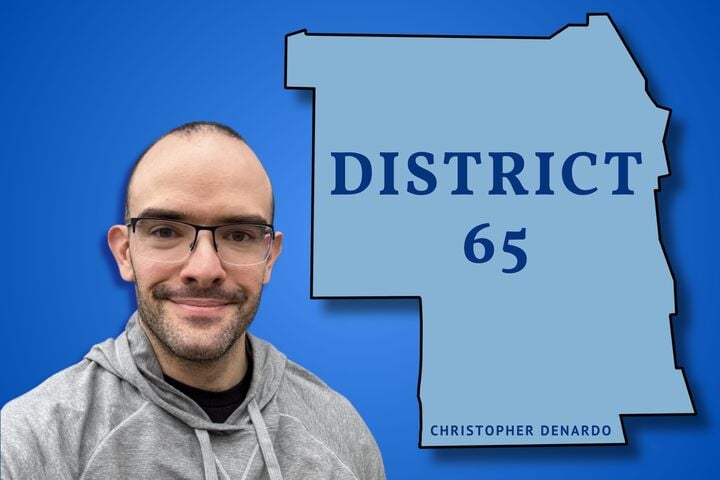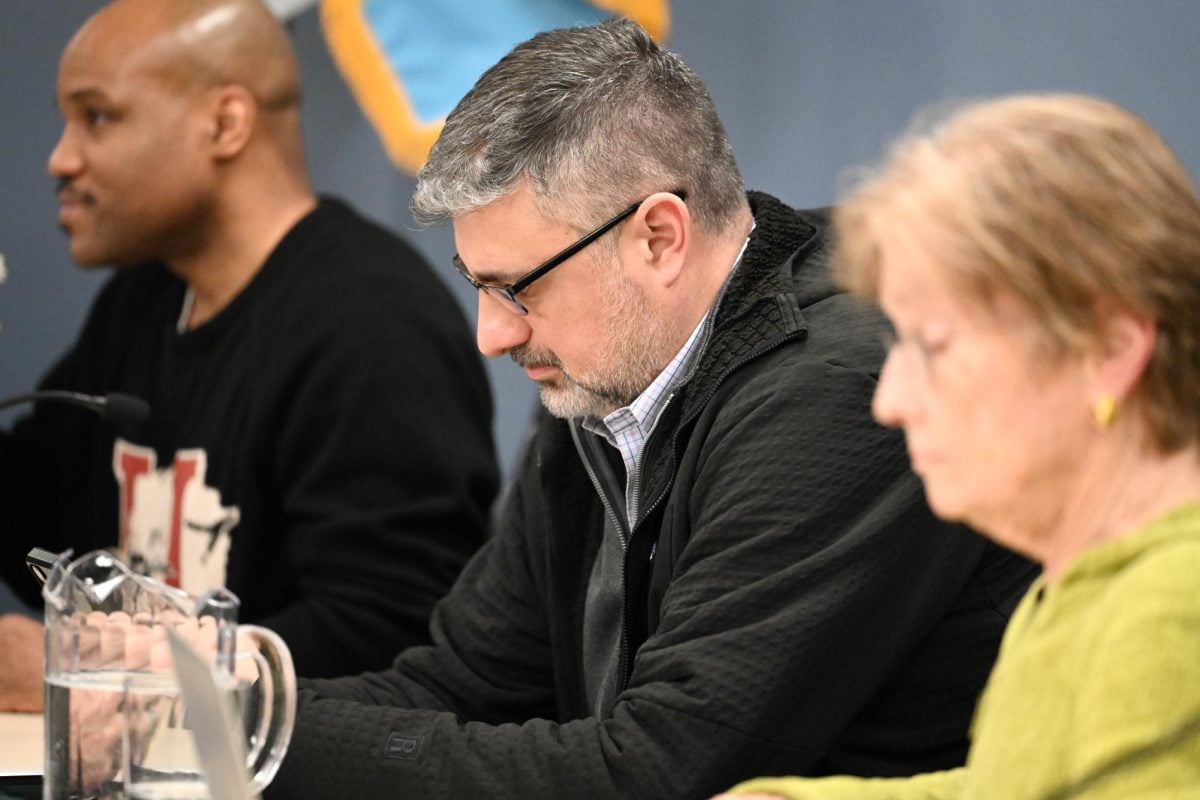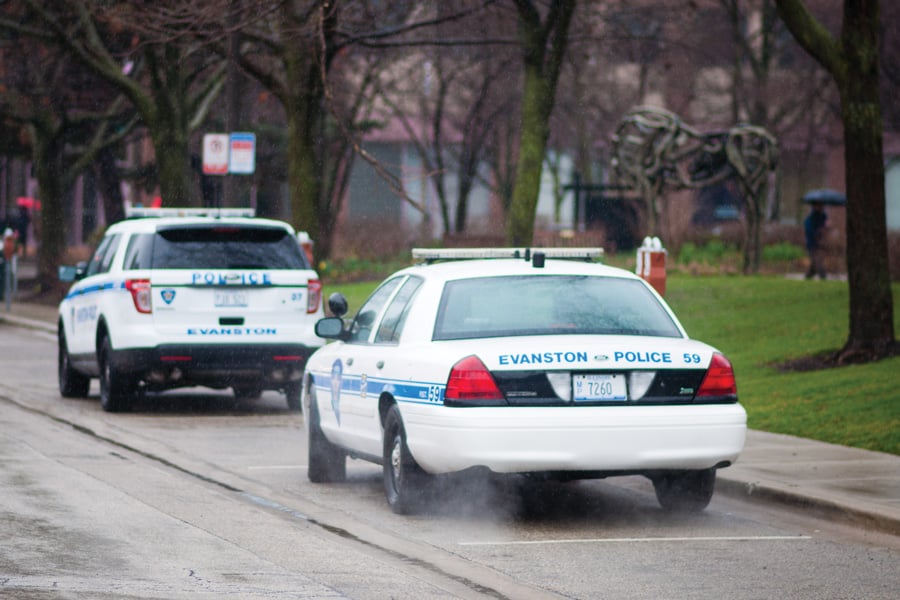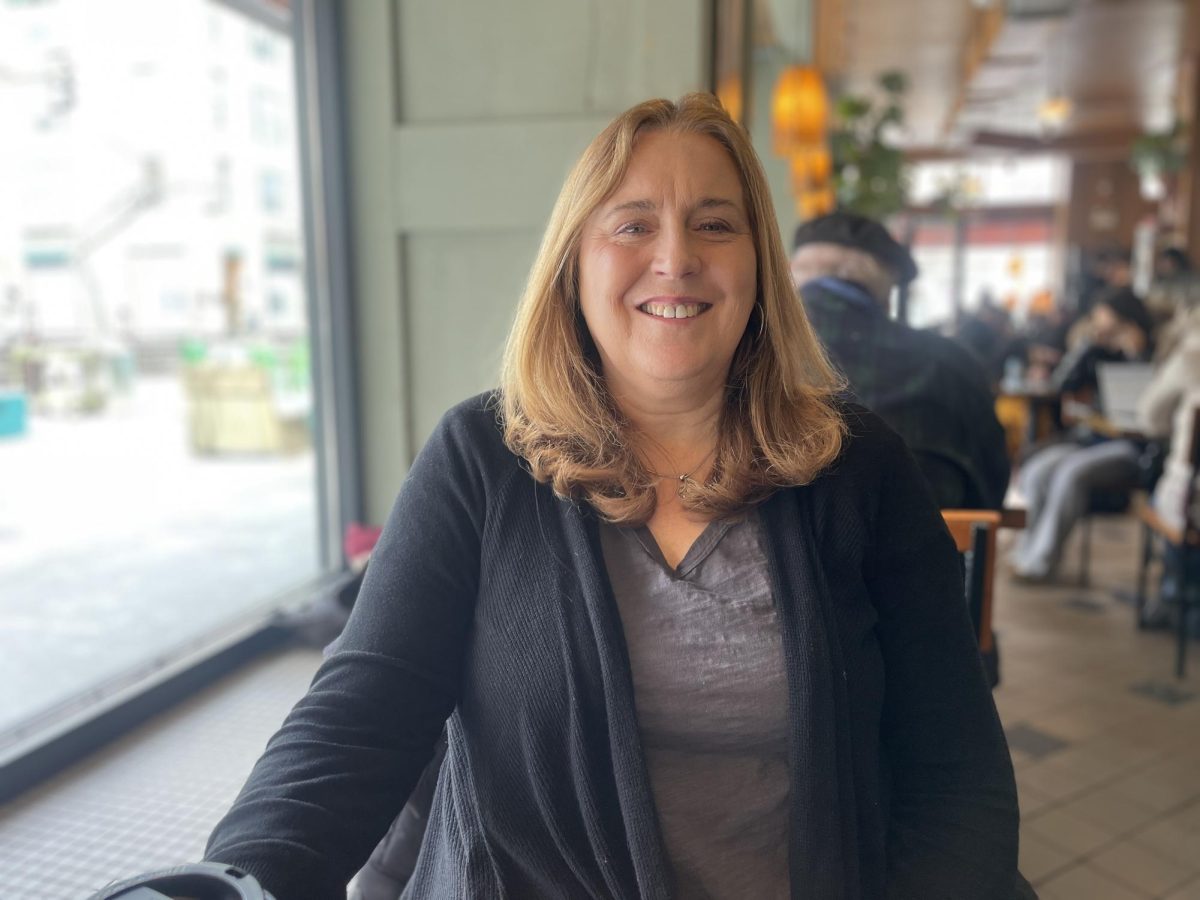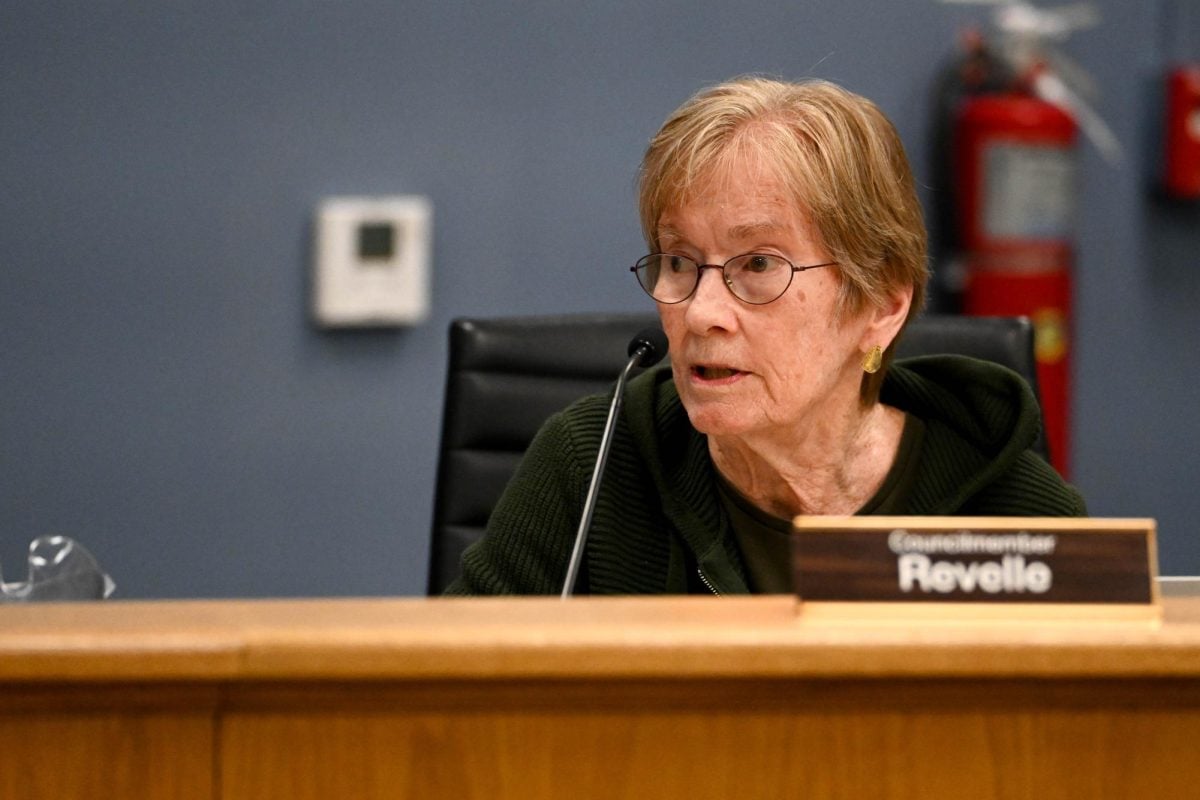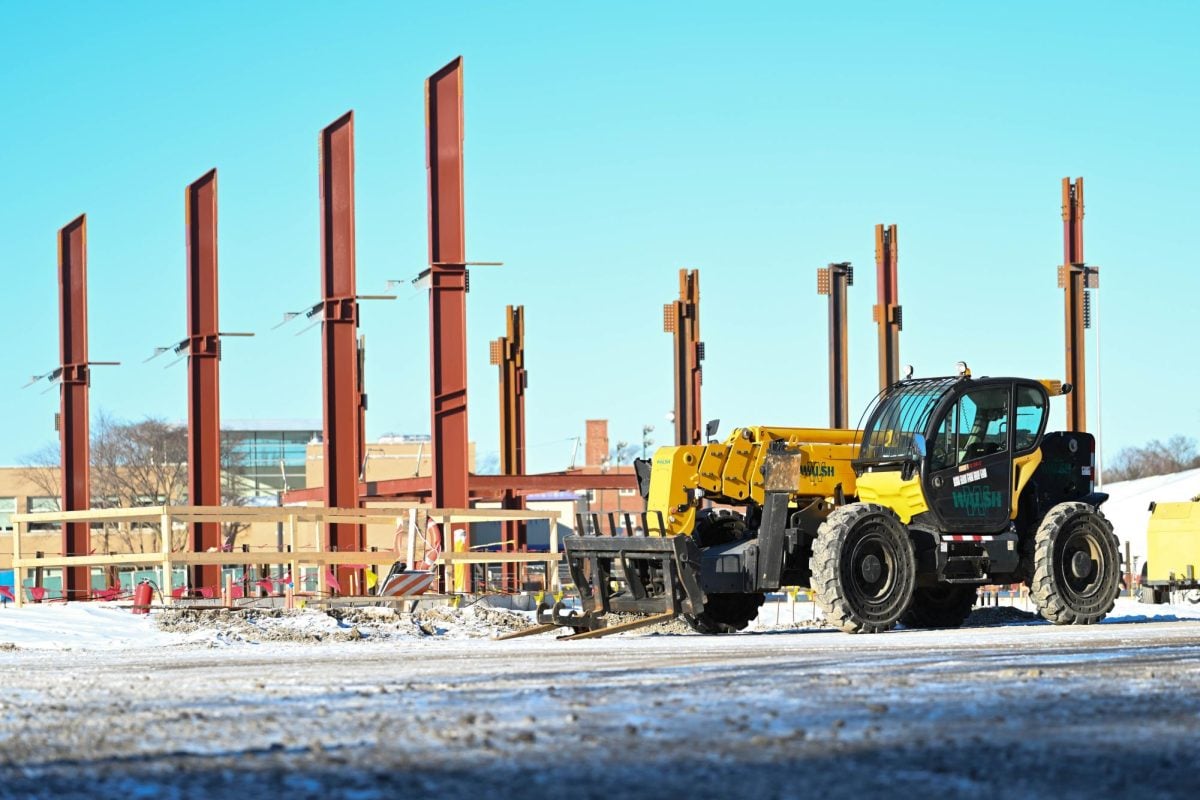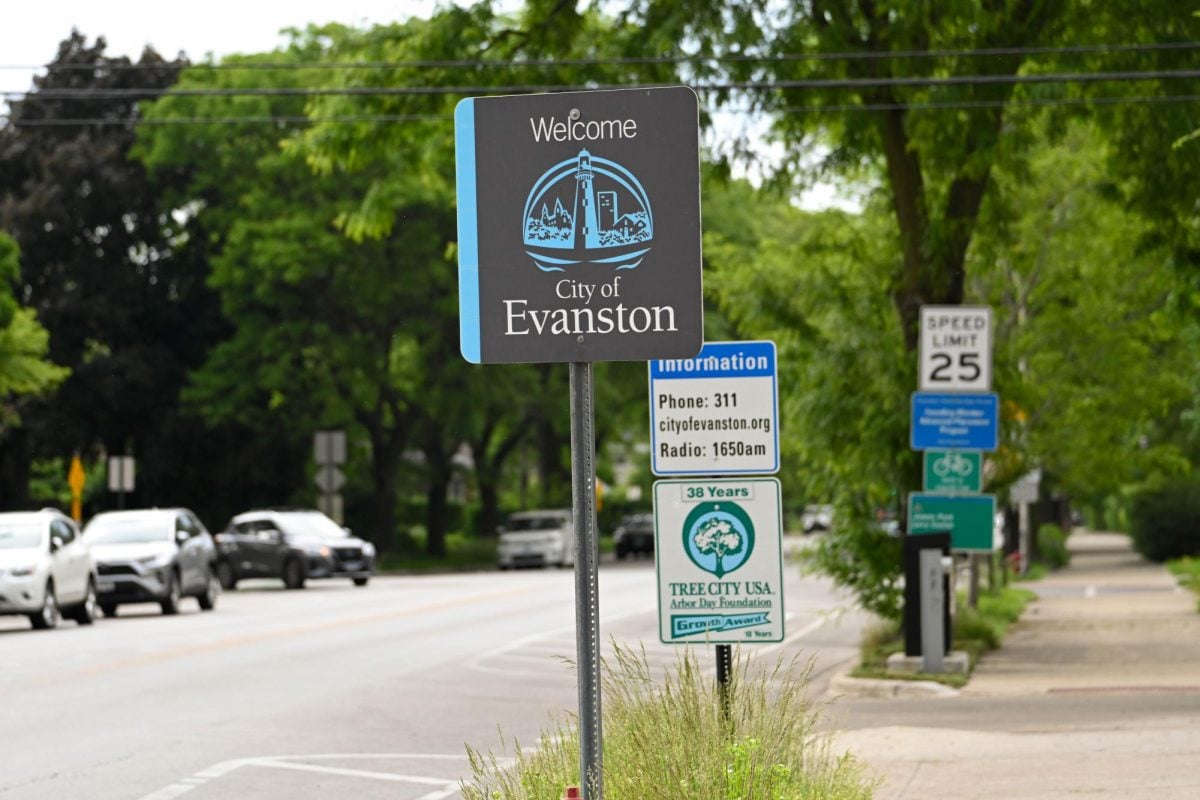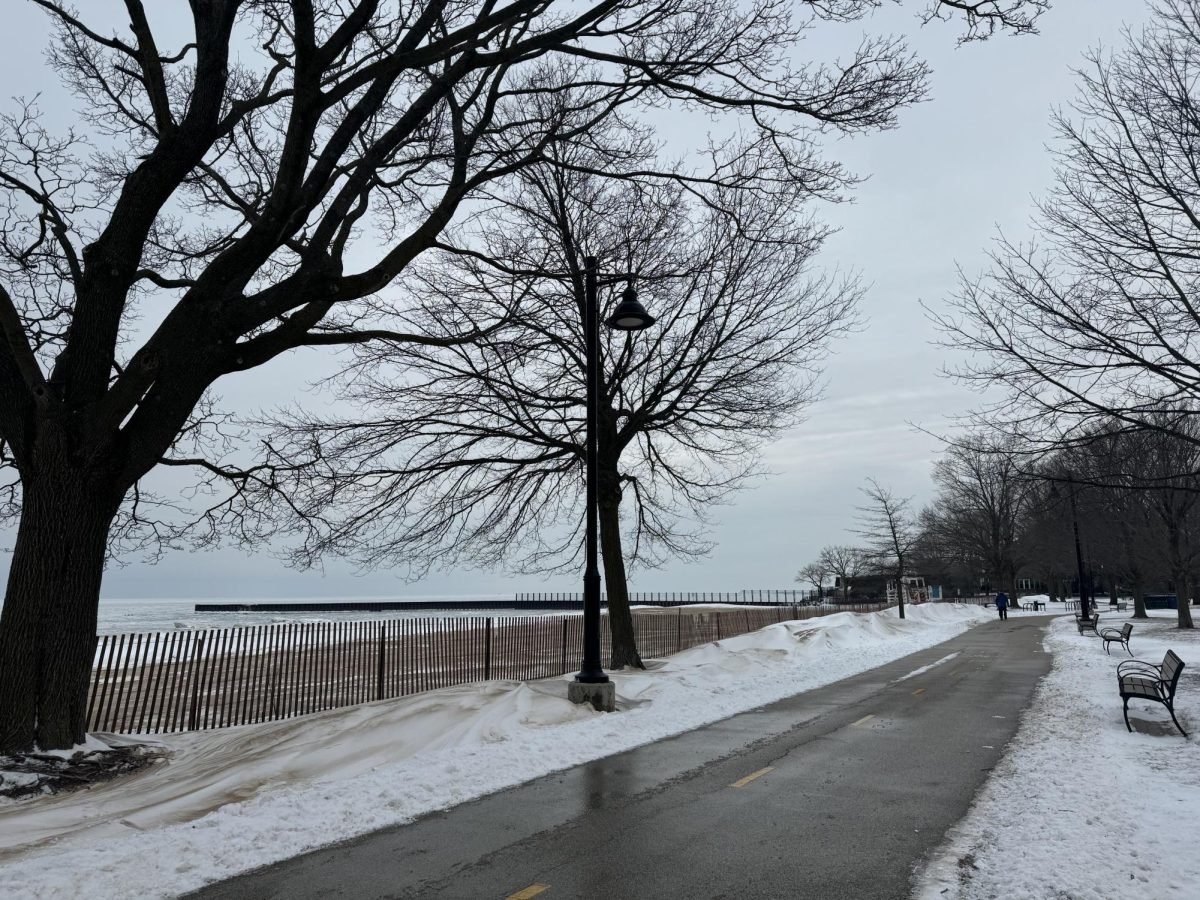Evanston will turn 150 years old at the end of 2013.
In preparation for the city’s birthday in December, the Evanston History Center organized Evanston History 101, a tour that will guide visitors through major moments throughout the years.
Before the first visitors get schooled on Evanston history in late January, center archivist Lori Osborne talked to The Daily about the tour’s origins, her favorite fun facts and whether the city really bans bowling alleys.
The Daily Northwestern: How did the idea for an Evanston 101 tour get started?
Lori Osborne: Actually, it came from a community meeting we were having about planning the celebration of Evanston’s 150th anniversary. I was at a meeting and someone said ‘wouldn’t it be great if there was some easy, quick way to just kind of get a sense of Evanston history, even just the basics’ … I kind of put in the back of my head and thought about it.
The Daily: What is your favorite time period or subject area in Evanston history that you like to talk about with people and why?
Osborne: I am also the director of the Evanston Women’s History Project and I would say that women’s history I end up talking about the most probably because I enjoy it. Evanston has this long and interesting story about women and women’s leadership in the community. And I love the 1890s up through World War I, so really the turn of last century. There was a lot of change in that time period, a lot of change with the Progressive era. It’s very interesting in Evanston, but it’s interesting nationally, too.
The Daily: What does the center have that addresses the history of the town-gown relationship between Evanston and Northwestern?
Osborne: There’s just no way to separate the two stories; the University and the community are intertwined. When things have sparked and there’s been some difficulty between the University and residents, and arguments back and forth, we would have lots of newspaper clippings of those disagreements over time. Evanston wouldn’t be Evanston if it couldn’t have been for the University. The University really is the beginning of the whole story. Even though the relationship is argumentative – it’s like siblings arguing. They can’t be separated.
The Daily: What is your favorite fun fact about Evanston?
Osborne: I love the fact there were some whimsical things that happened here. We were the home of Tinkertoys. The inventor of Tinkertoys called Evanston home. There were several Tinkertoy factories, and they were all in Evanston for many, many years. And the inventor of Rock ‘Em, Sock ‘Em Robots (and the game Operation), Marvin Glass, was born in Evanston.
The Daily: What is the weirdest question someone has asked you about Evanston? How did you respond?
Osborne: There’s this story about a woman who was jilted at the altar, went home and never left her house and left her automobile in the driveway, never touched it and it just sat there. It might include something about a wedding cake. It kind of has some various little funny permutations. But ever so often this story surfaces and someone calls and wants to know where this happened, who was it and is this true.
One thing everyone thinks is that there’s a law against bowling alleys in Evanston. Somehow the very straight, temperance-minded people wanted to prevent bowling alleys from existing. Well, as far as I can tell, there was never a law banning bowling alleys and that there were were several bowling alleys in Evanston over the years. People say that as if it’s the real story all the time.
The Daily: What do you think those who were in Evanston in 1860s would say about the city today?
Osborne: Well, Evanston in 1860 was barely a town. We weren’t even incorporated until 1863. The University was here. The Civil War was going on. It was really, really a small little country town. There were vast areas all the way around it and between Evanston and downtown Chicago. It was just prairie and farmland: little farms dotted around, woods, beach and swampy land that no one could cross.
I just think they wouldn’t know what to think. They’d just be surprised at how urban Evanston is – Chicago was the closest thing to “the city.” The idea that Evanston would be a city would not be in their imaginations.
This interview has been edited for length and clarity.

